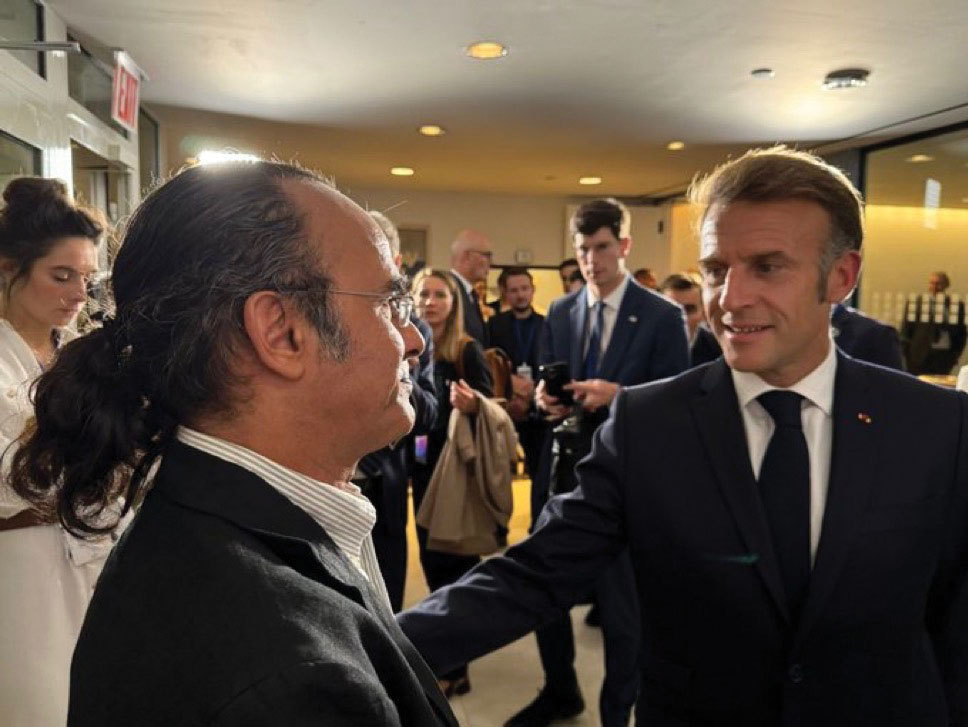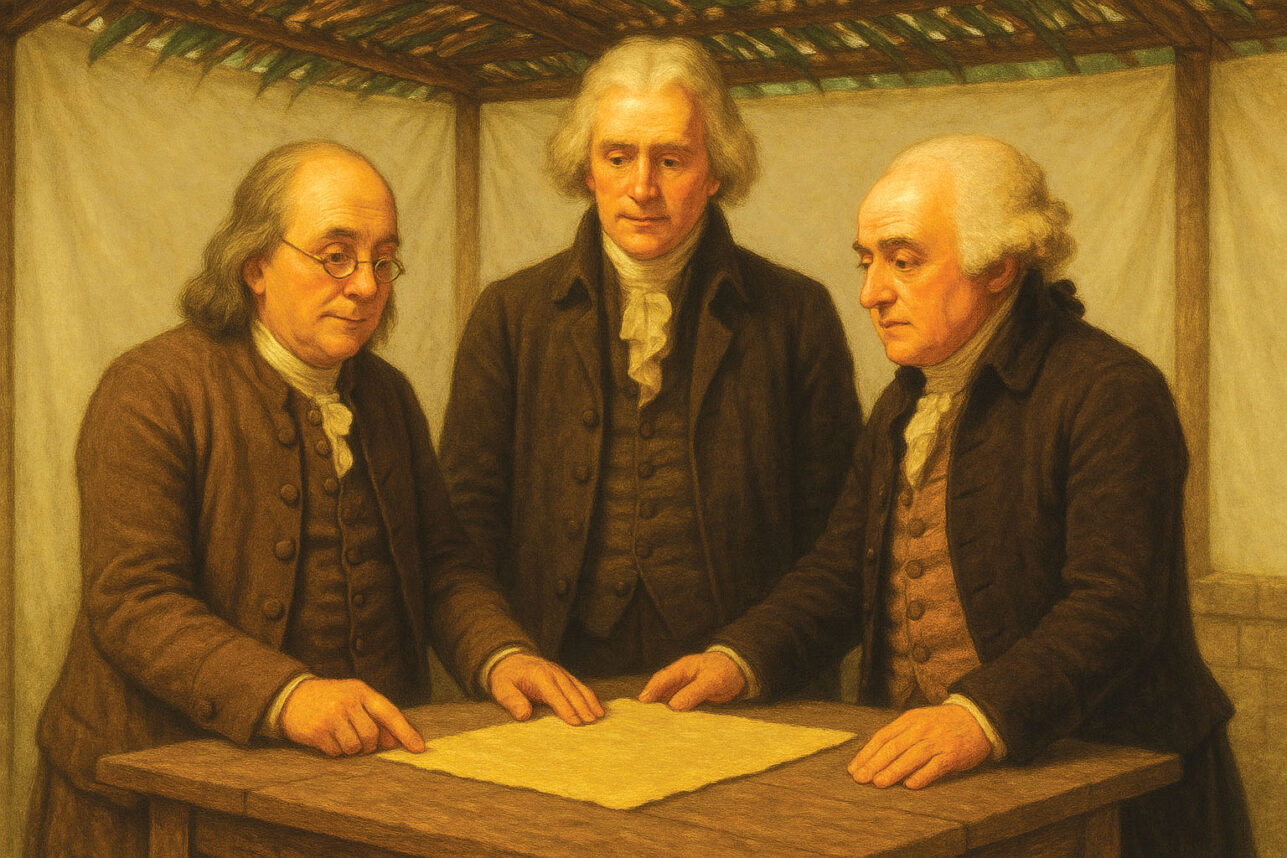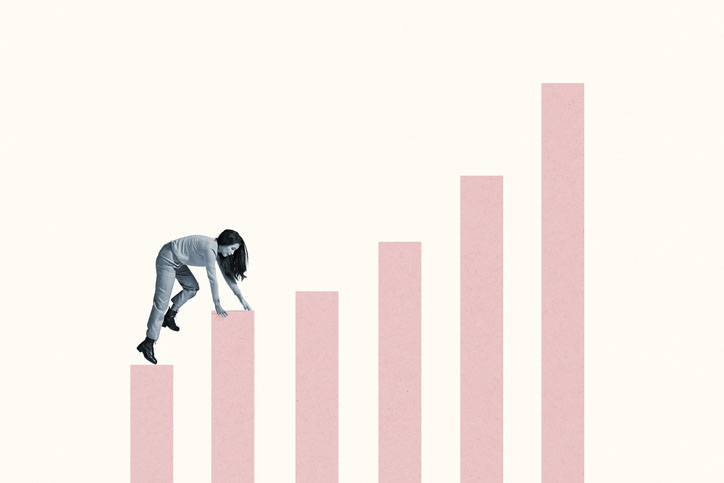
At a time when most daily newspapers are desperately trying to find a business model that will help them retain their paying customers, the Los Angeles Times has embarked upon a much more curious strategy. They appear to be working as hard as possible to drive large numbers of their readers away.
The Times began its existence as a strongly conservative and virulently anti-union editorial voice, then gradually evolved to offer a more diverse set of viewpoints. But in recent years, its leftward shift seems to have accelerated to a point where conservative perspectives have all but disappeared.
Like most big-city American newspapers, the Times’ editorial page occupies a safely left-of-center attitude on most topics. I often disagree with their conclusions (especially on issues relating to Israel and the Middle East), but the editors usually present their arguments in an intelligent and informed way. Except for their proclivity toward Israel-bashing, no major complaints there.
But it is the columnists and opinion writers — the lifeblood of any successful news organization — who have exemplified the Times’ ideological isolation and alienated a large subset of their potential audience. Log on to their website to find well-written political commentary and you find:
Robin Abcarian, a smart, interesting and very progressive political columnist.
Virginia Heffernan, a smart, interesting and very progressive national columnist.
Nick Goldberg, a smart, interesting and very progressive general columnist.
Erika Smith, a smart, interesting and very progressive diversity columnist.
Turn to the business pages and you can read Michael Hiltzik and David Lazarus, two smart, interesting and very progressive columnists.
For legal analysis, there is Harry Litman, a smart, interesting and very progressive columnist.
Move to the entertainment section and find Mary McNamara and Lorraine Ali, who often explore the synapse between culture and politics as smart, interesting and very progressive columnists.
By now, you may have noticed a trend.
To its credit, the Times provides platforms to three respected voices at the local, state and national level who usually avoid predictable ideological arguments. George Skelton covers state politics and government with a veteran’s skeptical and bipartisan eye from Sacramento, Doyle McManus presents a perspective of the nation’s political establishment from Washington, and Steve Lopez provides a populist man-of-the-people voice from the streets of Los Angeles. All three will align with one party or the other on a particular issue, but none write from a rigid ideological grounding.
The paper’s lone conservative voice is the longtime National Review editor and current Dispatch contributor Jonah Goldberg, who moonlights for the Times with a weekly column. Contrast this imbalance with the Washington Post, whose many right-leaning columnists include George Will, Megan McArdle, Michael Gerson, Henry Olsen, Marc Thiessen and Southern Californian Hugh Hewitt. Even the New York Times, which also has moved left in recent years, features the conservative-leaning troika of David Brooks, Ross Douthat and Bret Stephens.
The absence of a consistent conservative perspective in the Los Angeles Times became especially noticeable this fall, when they decided to mimic the popular New York Times feature in which two columnists from opposite ends of the ideological spectrum engage in heated but good-natured conversation. But the Los Angeles Times does not employ any full-time conservative voice to serve as ballast for Abcarian. So they were forced to recruit occasional op-ed contributor Scott Jennings, a longtime Kentucky politico who once worked for President George W. Bush.
Unlike the convivial tone of the New York Times’ feature, the Jennings-Abcarian pairing devolved into mutual disdain and barely-disguised contempt. Their final joint offering was headlined, “No, Apparently We Can’t All Get Along.” At a time when national healing is desperately needed, the Times’ inability to foster even a faintly respectful conversation between political opponents made the paper’s ideological imbalance both obvious and embarrassing.
The Jennings-Abcarian pairing devolved into mutual disdain and barely-disguised contempt.
In this year’s election, the majority of Southland voters opposed California ballot measures that would have increased property taxes, expanded rent control and resurrected affirmative action. Even Donald Trump, far from almost any definition of a traditional conservative candidate, received more than 3.5 million votes in Southern California. Meanwhile, the Times’ print subscription base has fallen by more than one-third since 2016 to under 200,000 readers. It’s odd that the region’s largest news source won’t expend some effort to attract a more ideologically diverse customer base and perhaps expand its rapidly shrinking audience.
I write not as a conservative crank or a resentful Republican, but rather as a curious centrist and registered independent who looks for smart analysis and opinions from across the ideological spectrum. I still find those voices in most national and big-city publications, but no longer in my hometown paper.
Dan Schnur teaches political communications at UC Berkeley, USC and Pepperdine. He hosts the weekly webinar “Politics in the Time of Coronavirus” for the Los Angeles World Affairs Council & Town Hall.


































